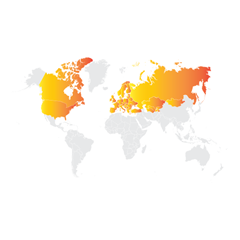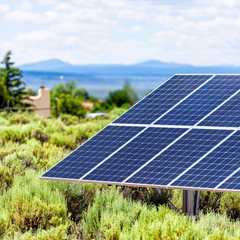Holy See
Critical minerals, policy, and the energy transition
The Energy Transition in Holy See
Vatican City, the world's smallest independent state, serves as the spiritual and administrative centre of the Roman Catholic Church. Encompassing just 49 hectares within Rome, it is home to iconic landmarks such as St. Peter’s Basilica and the Sistine Chapel. Governed by the Holy See, the central authority of the Catholic Church, Vatican City is led by the Pope, who holds absolute legislative, executive, and judicial power. Following the death of Pope Francis in April 2025, Cardinal Robert Francis Prevost of the United States was elected as his successor, taking the name Pope Leo XIV. As the first North American pontiff, Pope Leo XIV is anticipated to continue the Church's commitment to environmental stewardship and social justice, building upon the foundations laid by his predecessor. Under Pope Francis, the Vatican emphasised ecological concerns through the 2015 encyclical Laudato Si', which called for an urgent response to climate change. This commitment was reaffirmed in 2023 with the apostolic exhortation Laudate Deum, urging decisive action against the climate crisis and condemning climate change denial. In line with these teachings, the Vatican has implemented various sustainability initiatives, including installing over 2,000 solar panels and constructing a solar farm in Santa Maria Galeria to meet its energy needs. Through international diplomacy, the Holy See advocates for equitable access to resources, ensuring that the benefits of renewable energy technologies, including critical minerals, are shared fairly. As a global proponent of human dignity and environmental care, the Holy See continues to influence discussions on sustainable energy, urging cooperation to address climate change and reduce environmental harm.
Holy See's international economic, trade, and security alliances
The Holy See's Ethical Vision for Critical Minerals and the Global Energy Transition
The Holy See’s perspective on critical minerals and the energy transition is rooted in a profound ethical commitment to stewardship of the Earth, sustainable development, global solidarity, and urgent climate action. Although the Vatican does not engage in producing or trading these minerals, it plays a unique role as a moral authority, shaping global dialogue on the transition to cleaner energy systems.
Under the new leadership of Pope Leo XIV, elected in 2025 following the death of Pope Francis, the Vatican continues to champion environmental and social justice as integral to the energy transition. Building upon the legacy of Laudato Si’ (2015) and the apostolic exhortation Laudate Deum (2023), the Holy See maintains that addressing climate change is a moral imperative, and that critical minerals, essential for low-carbon technologies such as wind turbines, solar panels, and electric vehicles, must be governed with fairness and foresight.
Unlike nation-states or corporations, the Holy See operates without economic or territorial interests, enabling it to speak with clarity on issues of justice, equity, and the common good. It argues that the extraction and deployment of critical minerals must be conducted to respect workers' rights, protect ecosystems, and uplift local and Indigenous communities. Pope Leo XIV—known for his engagement with Indigenous populations and support for the Interfaith Rainforest Initiative—has reaffirmed the Vatican’s call for mining practices grounded in human dignity and ecological balance.
While largely symbolic in size, Vatican City has taken visible action to align with its values. It was the world’s first carbon-neutral state in 2007 and has since installed thousands of solar panels, including a solar energy farm in Santa Maria di Galeria to meet its own energy needs. These measures demonstrate internal consistency between its teachings and operational practices.
The Holy See’s position aligns closely with the United Nations Sustainable Development Goals (SDGs). It urges a just energy transition that accelerates the shift away from fossil fuels while ensuring equitable access to the critical technologies and materials that enable clean energy. The Vatican also emphasises the need for international cooperation to prevent a new form of resource colonialism and ensure that poorer nations are not excluded from the benefits of the green transition.
In parallel, the Vatican continues to raise concerns about the ethical dimensions of emerging technologies reliant on critical minerals. These include issues around surveillance, digital inequality, and the commodification of personal data, reminding the world that technological progress must serve humanity, not undermine it.
Through its diplomatic channels, the Holy See advocates for global frameworks that guarantee the ethical sourcing, fair distribution, and socially responsible application of critical minerals. As the global community navigates the complex challenges of the energy transition, the Vatican remains a singular voice urging solidarity, sustainability, and the preservation of our common home.

Holy See's energy and power mix
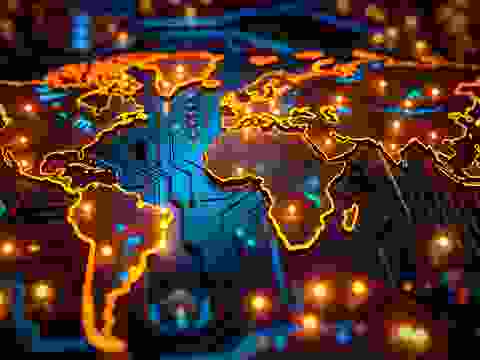

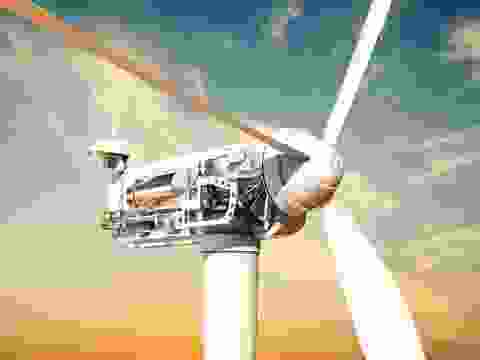
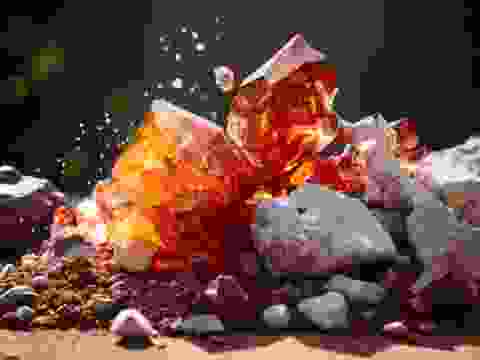
Meet the Critical Minerals team
Trusted advice from a dedicated team of experts.

Henk de Hoop
Chief Executive Officer

Beresford Clarke
Managing Director: Technical & Research

Jamie Underwood
Principal Consultant

Dr Jenny Watts
Critical Minerals Technologies Expert

Ismet Soyocak
ESG & Critical Minerals Lead

Thomas Shann Mills
Senior Machine Learning Engineer

Rj Coetzee
Senior Market Analyst: Battery Materials and Technologies

Franklin Avery
Commodity Analyst

Shunjie Zhao (Tony)
Commodity Analyst: APAC
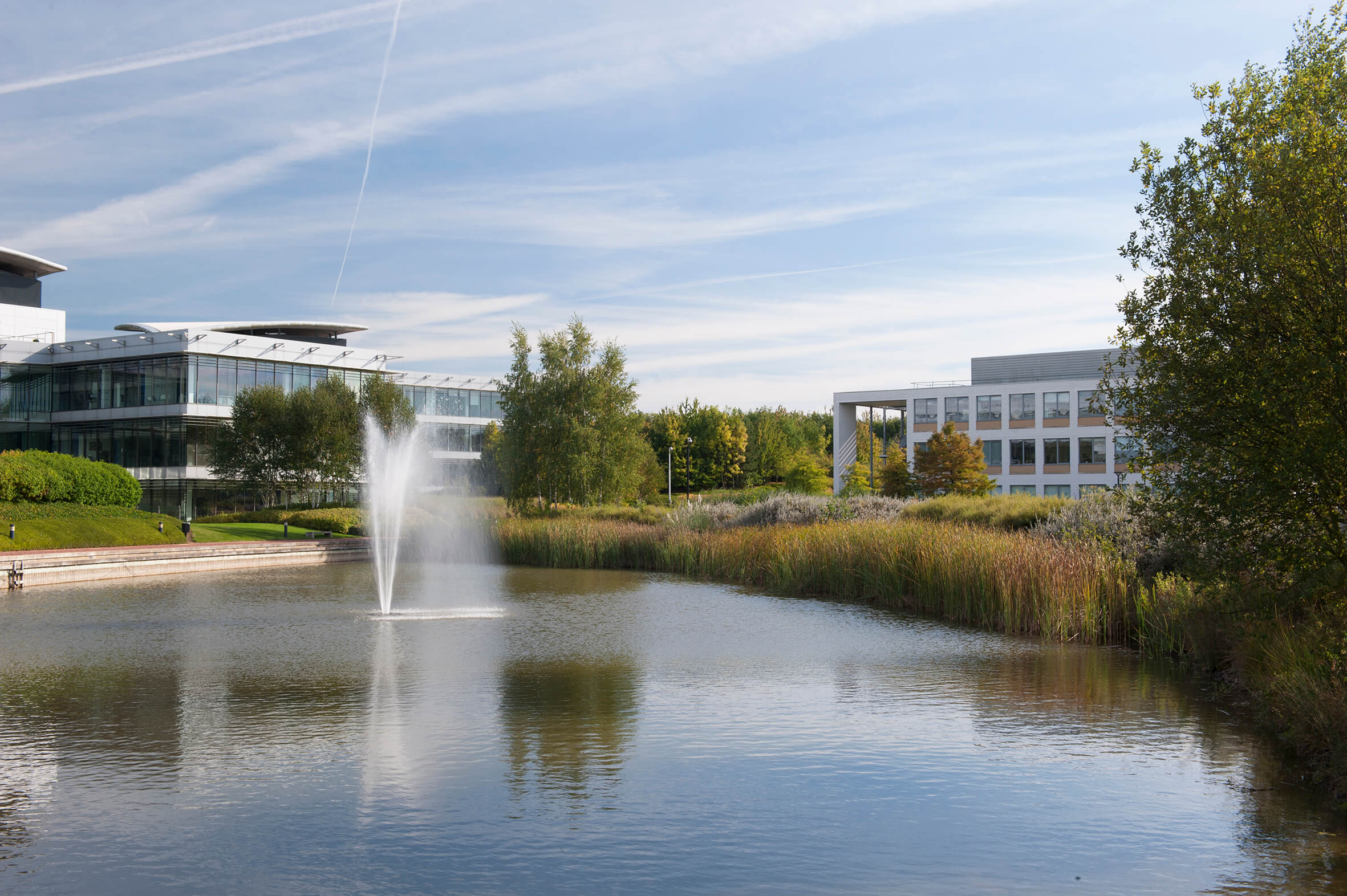
How can we help you?
SFA (Oxford) provides bespoke, independent intelligence on the strategic metal markets, specifically tailored to your needs. To find out more about what we can offer you, please contact us.
